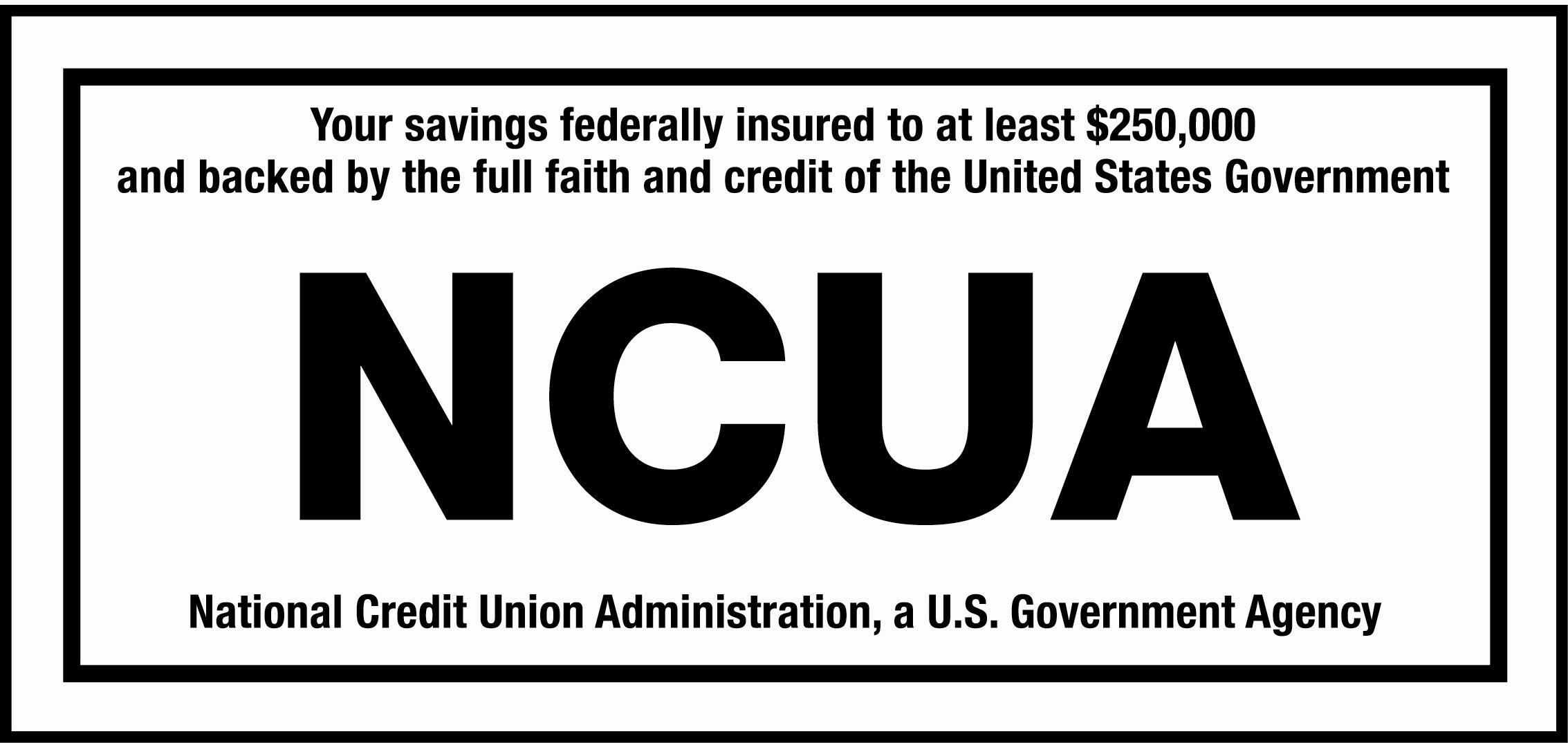How does a Rising Interest Rate Environment Affect the Economy?

Q: I’ve heard the Fed will raise the interest rate this year. How will this impact the economy and inflation?
A: The rising inflation rate, once determined to be transitory, now appears to be here to stay. To help control prices, the Federal Reserve (aka, “the Fed”) will probably increase interest rates this year.
Let’s take a look at what the current economic circumstances mean for the average consumer and steps you can take to protect your investments and money.
What is the Fed?
The Federal Reserve is the central bank of the United States. Its purpose is to keep the economy operating at optimal efficiency. To do this, the Fed sets a monetary policy rate, or the Federal Funds rate, which is the rate at which financial institutions lend money to each other. If inflation is rising, the Fed will raise its interest rates to contain it. On the flip side, if the economy is tanking, the Fed lowers the interest rate to promote economic activity.
What happens when the Fed raises interest rates?
When the Fed increases interest rates, financial institutions raise their rates, too. When borrowing money becomes more expensive, consumers are more hesitant to take out large loans and mortgages. This also encourages people to save more because the savings rate at banks and credit unions also increases. These factors mean less money is circulating in the economy, which will hopefully decrease inflation.
How does a rising rates environment impact the stock market?
The market’s volatile nature means there’s no direct correlation between its performance and the Fed’s rate. In general, though, rising interest rates is not good news to stock investors because it means companies will be hesitant to borrow the capital they need to grow their businesses. However, certain sectors, like financial institutions, may benefit from an increased interest rate.
How do I manage my finances in a rising rates environment?
There’s good news ahead for the American consumer, as the anticipated increases in interest rates are expected to help tame inflation. However, there are other steps you can take to protect your investments and manage your money as rates increase:
- Stay calm and ignore the news. It’s rarely a good idea to liquidate a stock based solely on headlines.
- Plan ahead. Build an emergency fund with at least 3-6 months’ worth of living expenses to prepare for any economic reality. Beefing up your savings when interest rates are rising means giving your money a better chance at growth.
- When in doubt, seek professional advice. If market news takes an especially disturbing turn, you may want to seek the counsel of a financial advisor for the best steps to take with your investments.
Use the tips outlined here and consider possible steps to take with your finances.



